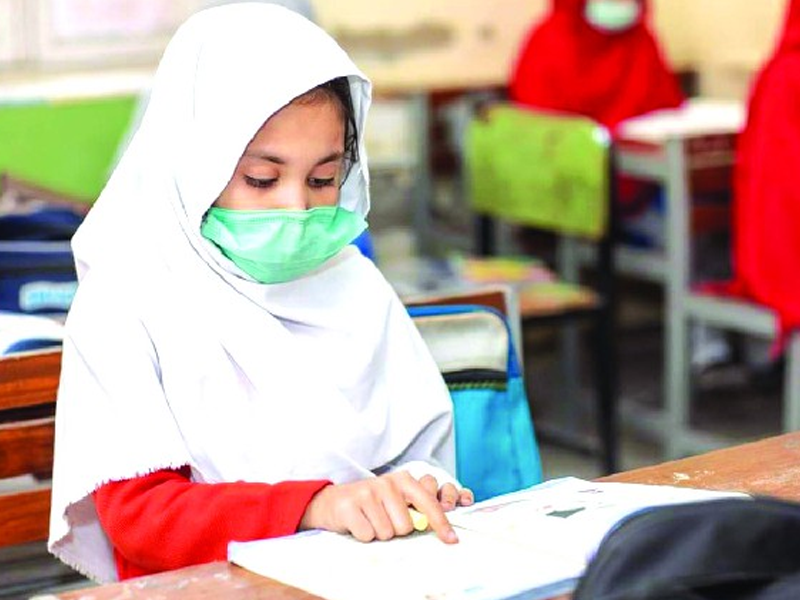The imperative of education reform in Pakistan: A call to action for the government

- 157
- 0
Education is widely acknowledged as the cornerstone of development and progress in any society. In Pakistan, the government's role in ensuring access to quality education for all is paramount. However, despite efforts and commitments, the state of education in Pakistan remains a matter of concern, with significant challenges hindering the realization of a robust and equitable education system. This article highlights the pressing need for education reform in Pakistan and emphasizes the crucial role of the government in addressing these challenges.
Current Challenges: Pakistan faces a myriad of challenges in the education sector, including:
Access and Enrollment: Millions of children in Pakistan, particularly girls and those in rural areas, are still out of school due to barriers such as poverty, lack of infrastructure, and cultural norms.
Quality of Education: Even for those enrolled, the quality of education remains subpar, with issues such as outdated curriculum, inadequate teacher training, and overcrowded classrooms undermining effective learning outcomes.
Gender Disparities: Gender disparities persist in access to education, with girls facing greater barriers to enrollment and retention due to cultural norms, early marriages, and lack of facilities such as separate toilets in schools.
Regional Disparities: Disparities in access to education also exist between urban and rural areas, as well as among different provinces, with marginalized communities often receiving inadequate resources and support.
Government's Role: The government of Pakistan bears the primary responsibility for addressing these challenges and ensuring the provision of quality education for all. Key areas where government intervention is crucial include:
Policy Reforms: The government must enact and implement comprehensive education policies that prioritize access, equity, and quality. Reforms should focus on updating curricula, improving teacher training and accountability, and addressing systemic issues such as corruption and mismanagement.
Investment in Infrastructure: Adequate investment in education infrastructure, including the construction of schools, provision of basic facilities, and deployment of technology, is essential to enhance access and create conducive learning environments.
Teacher Development: Investing in teacher training and professional development programs is critical to improving the quality of education. Teachers play a central role in shaping students' learning experiences and must be equipped with the skills and knowledge to deliver effective instruction.
Addressing Gender Disparities: The government should implement targeted interventions to address gender disparities in education, including awareness campaigns, provision of scholarships and incentives for girls' education, and measures to ensure a safe and supportive learning environment for female students.
Collaboration and Monitoring: Collaboration between government agencies, civil society organizations, and international partners is essential to drive education reform efforts forward. Additionally, robust monitoring and evaluation mechanisms must be put in place to track progress and hold stakeholders accountable for achieving educational goals.
Conclusion: In conclusion, the need for education reform in Pakistan is urgent and undeniable. The government must prioritize education as a fundamental right and invest resources, political will, and effort into addressing the systemic challenges that hinder access, equity, and quality in the education system. By taking decisive action and committing to meaningful reform, Pakistan can unlock the potential of its youth, drive economic growth, and build a more equitable and prosperous future for all.
Published in The Daily National Courier, February, 10 2024
Like Business on Facebook, follow @DailyNCourier on Twitter to stay informed and join in the conversation.

















































